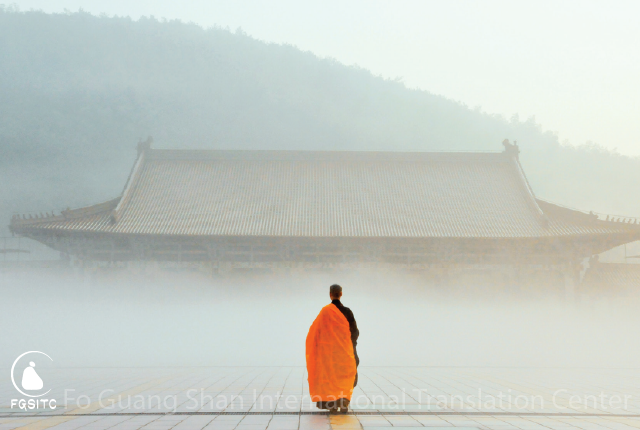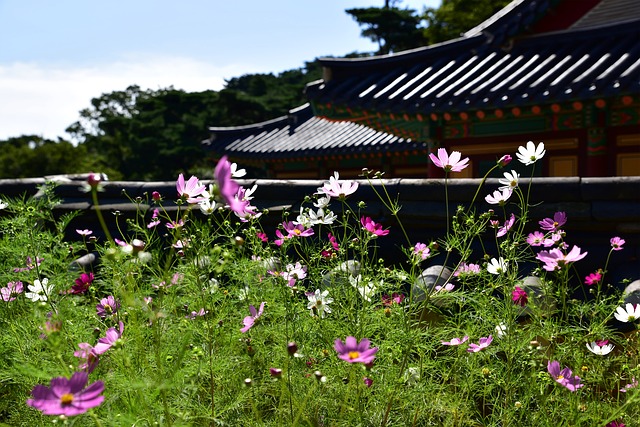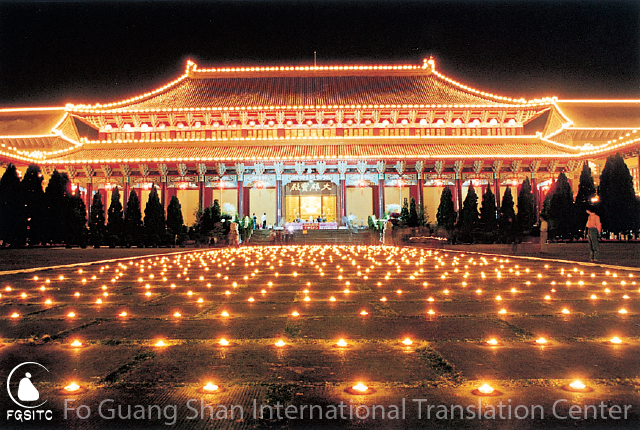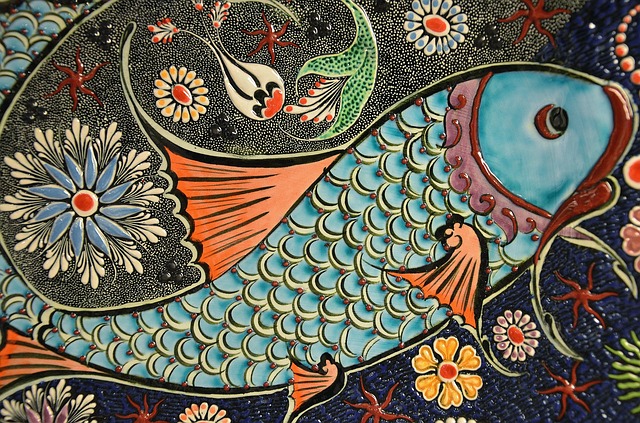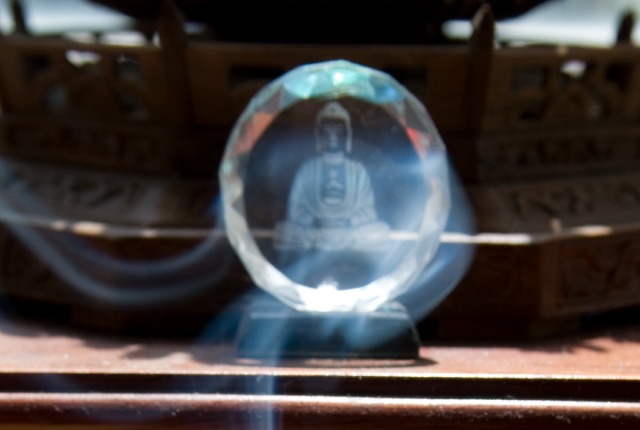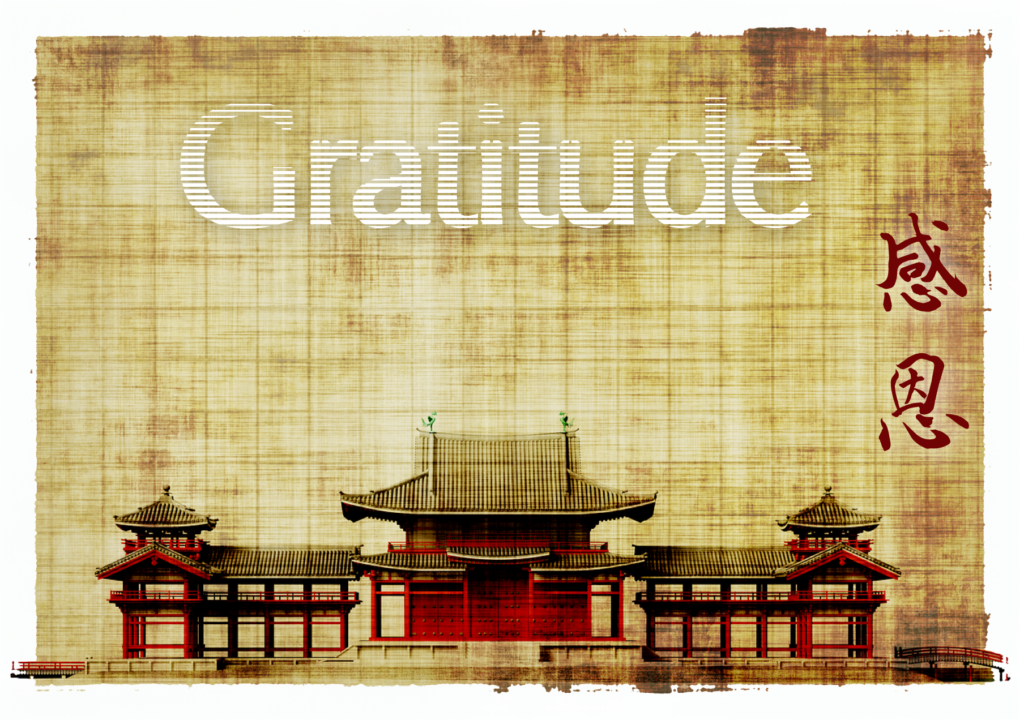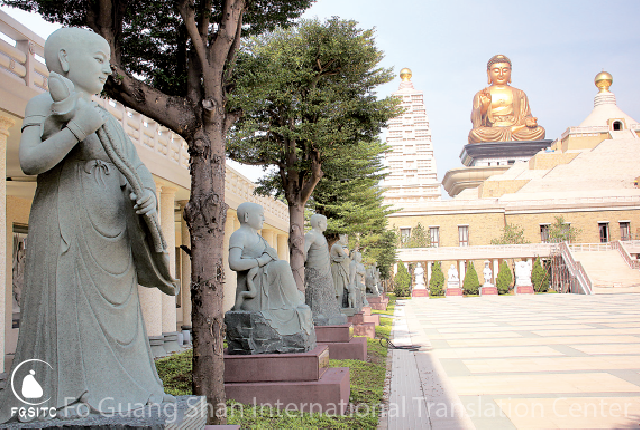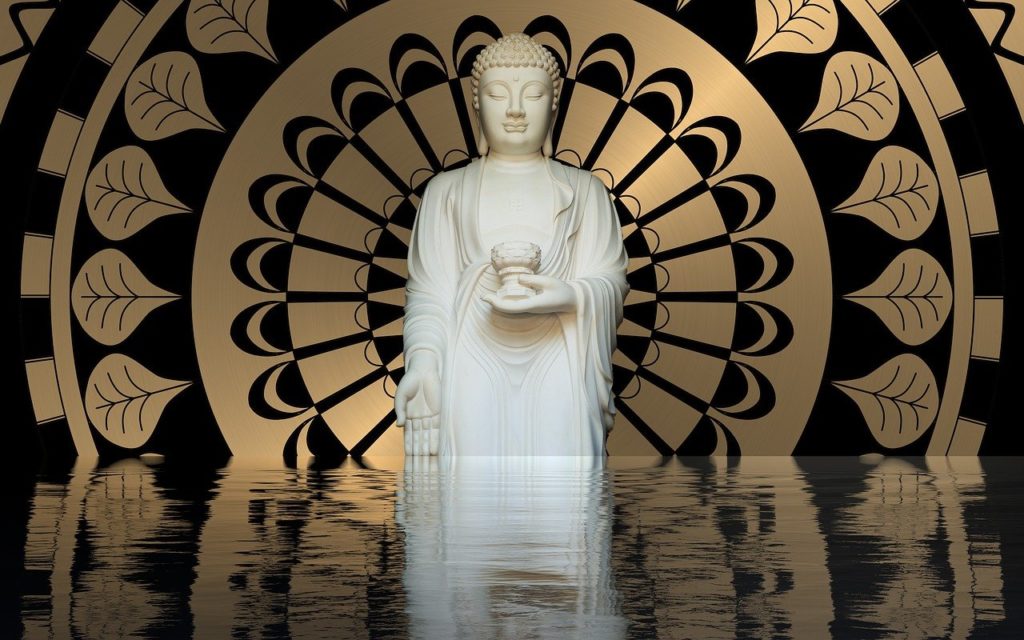
Trustworthy Words
If you lie, you will not be trusted. If you cannot be trusted, you will be ineffective in your own life and useless to other people. Lies hurt others because they damage their trust and their sense of what is right and wrong. This is a very serious kind of damage; it wastes time, frightens people and causes them to doubt their basic intuitions and feelings. It is a deep violation of another person to lie to them. Whenever we violate another, we also violate ourselves. On top of that, our own lies hurt us terribly because they force us to waste energy maintaining an illusion that we know is not true. This waste of energy greatly decreases our capacity to function effectively in this world and it greatly lessens our ability to absorb the truths of Buddhism.
The Questions of the Precious Girl Sutra says, “The bodhisattva has three basic practices that he must work on until they are perfected: he must never lie to the Buddha, he must never lie to himself and he must never lie to anyone else.”
The Harm Caused by Lying
Lying has many names. Some of them are deceit, duplicity, slander, distortion, fabrication, fraud, misrepresentation, falsification, forgery, and perjury. These are all generally recognized as being dishonorable acts, but lying can also be conducted under the banner of lofty ideals. This kind of lying is called hypocrisy. The Buddha said that lying is one of the ten evil deeds. Its purpose is to deceive others in order to get something from them or prevent them from getting something, or to harm them.
Lies are serious offenses and one lie usually leads to another and then another. It does not take much thought to realize how great a burden a bundle of lies can be. They are hard to carry and they weigh us down a lot. They bring harm to everyone involved and they never produce good results in the long run. Sentient beings generate much of their bad karma and attachment to samsara through lying alone.
The Saddharma Smrty Upasthana Sutra says:
One who lies brings trouble to all sentient beings. A lie is like a blanket of darkness or like death among the living. To tell a lie is like cutting your own tongue with a knife; how can this not bring you harm? To lie is to disgrace yourself; it is like carrying a poisonous snake in your mouth; it is like carrying a knife in your mouth; it is like carrying a burning fire in your mouth. The poison of a poisonous snake is bad, but it is not nearly as bad as the poison of a lying mouth because a lie hurts all sentient beings and eventually leads the liar himself to descend into the hell realms. When a person lies, it is as if pus were dripping from his mouth; his tongue becomes mucked up and filthy and it burns with a terrible heat. Lies are like shackles that bind us. They destroy the bridge of the Dharma.
In its “Hell” chapter, the Saddharma Smrty Upasthana Sutra says:
Don’t lie! Lies produce all manner of evil and lead to continuous entrapment in the cycle of birth and death. Lies obscure the good and conceal what is right and they lead to a bad rebirth and an ugly appearance. Lies lead to loss and vacancy. When a person lies, it is as if he cuts off his own tongue with an ax. Lies are the banners of evil and they bind us to evil places. They are the sources of ignorance and darkness.
The Karmic Results of Lying
According to the Mahaprajnaparamita Sastra, lying without regret or repentance will completely block the way to enlightenment and bring the following ten unhappy results: bad breath, a loss of protection by good spirits and gaining trouble caused by evil spirits, not being trusted by others even if what one says is true, not being included in the company of the wise, often being slandered and insulted, not being respected by others, having frequent feelings of anxiety, planting the seeds of ill-repute, rebirth in hell, and often being slandered.
A lie works against the flow of truth and compassion; how could it lead anywhere else but to problems and suffering?
The Importance of Using Language to Good Effect
Truth is powerful. In the moment it may seem to be more difficult to tell the truth than to lie, but in the long run truth is always the better option. Nothing good can come from bad motives and nothing good can come of lies. The wise never lie because they can see the consequences.
In some ways, we should almost feel grateful that lying exists in this world because it is generally easier to see the results of breaking the precepts by lying than it is by the other basic transgressions. Analyze yourself; analyze any lie you may ever have spoken. Isn’t the twisting and turning of the mind as it tries and tries to justify itself an obvious burden that becomes much worse than simply telling the truth in the first place?
When we don’t lie, we begin to use language well. A confidence and certainty enters the tone of voice as our ability to express ourselves improves. Language is most beautiful when it is true. Compassion is most perfect when it is sincere. When we are honest, our speech and our attitudes toward life reveal levels of profundity and commitment that transcend the samsaric flux of ordinary existence.
Remember, our original teacher, the Buddha, is known as “the one of truthful words, the one of real words, the one whose words are thus, the one who never lies.” Because of these qualities, the Buddha was able to establish the Dharma in this world for the purpose of leading sentient beings toward enlightenment. Those of us who follow the Buddha today should never forget the primary virtue of always telling the truth.
The light of my wisdom shines without ending. The length of my life goes on and on. These are the results of constant cultivation. Those of you who are wise should doubt none of this for the words of a Buddha are true and never false.
— Lotus Sutra
From Being Good, written by Venerable Master Hsing Yun.
Image from Pixabay.

